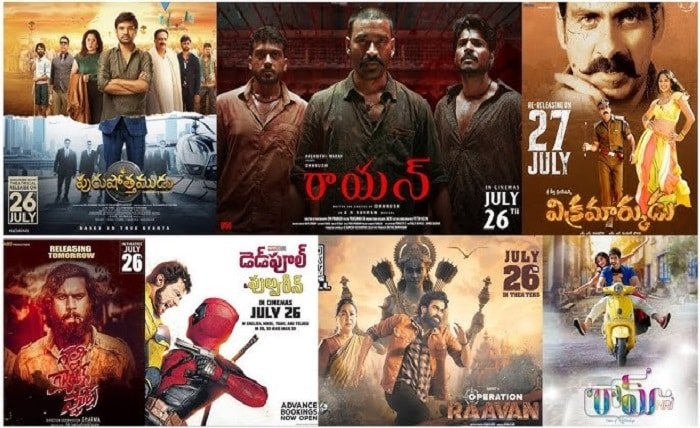Exploring the Impact of Iconic Movie Roles on Cinema and Culture

Introduction
Cinema has the power to influence and inspire, and certain roles have become iconic, shaping not just the careers of the actors who play them but also impacting culture at large. This blog post explores four such movie roles, delving into their creation, their impact on the film industry, and how they have resonated with audiences around the world.
The Origin of Iconic Characters
Every iconic movie roles begins with a story. The creation of such characters often involves a detailed process that includes script writing, casting, and character development. Directors and writers collaborate to craft roles that are not only integral to the plot but also have the potential to become memorable. The casting process is equally critical as it determines which actor will bring the character to life. The synergy between the actor’s portrayal and the character’s attributes contributes to the role’s lasting impact on viewers.
Case Study: The Transformational Leader
One type of role that frequently leaves a mark on cinema is the transformational leader. These characters inspire change and motivate others within the story, often becoming a symbol of leadership and courage. A prime example is President Thomas Whitmore from Independence Day. His rousing speech and decisive actions exemplify this role, influencing not only the film’s other characters but also moviegoers.
The Villain We Love to Hate
No discussion of iconic movie roles is complete without mentioning the villains. They are as crucial as the heroes, often more complex, and sometimes even relatable. The best villains represent fears and challenges that are universally understandable, making them memorable. Think of the Joker in The Dark Knight. His chaotic nature and philosophical depth create a complex character that viewers find fascinating despite his malevolent actions.
The Reluctant Hero
Another beloved archetype is the reluctant hero, who is typically an ordinary individual thrust into extraordinary circumstances and must rise to the occasion. This role resonates because it illustrates growth and vulnerability, making the character’s journey relatable. Frodo Baggins from The Lord of the Rings series is a perfect example of this role, capturing hearts with his resilience and humility.
The Charismatic Outlaw
The charismatic outlaw is a role that celebrates the antihero’s complexity and charm. These characters live by their own codes, often breaking the law, but somehow remain endearing to audiences. Han Solo from Star Wars is a standout in this category. His roguish charm and moral ambiguity make him one of the most iconic figures in cinematic history.
Impact on the Film Industry and Beyond
These iconic roles do more than entertain; they influence filmmaking and all forms of media. They set standards for character development and storytelling, often being studied by film students and professionals alike. Moreover, they inspire merchandise, theme park attractions, and even shape social discussions and real-world views.
Conclusion
Iconic movie roles transcend the boundaries of their films, impacting both culture and the film industry. They inspire new creative directions and challenge actors and creators to raise the bar. As cinema continues to evolve, the power of these roles remains, reminding us of the profound effect storytelling can have on society.
FAQs
- What makes a movie role iconic? An iconic movie role is one that remains culturally significant over time, influencing other films and resonating with audiences worldwide.
- Can an actor’s performance change the impact of a movie role? Yes, an actor’s performance is crucial in bringing a character’s traits to life and can significantly affect how a role impacts the audience and its legacy.
- Are iconic roles always written as such, or can they evolve during production? While some roles are crafted with the intent of being iconic, others evolve through the production process or through an actor’s unique interpretation of the character.
- How do iconic roles influence upcoming actors and filmmakers? Iconic roles serve as benchmarks and learning tools for new actors and filmmakers, providing inspiration and a standard to aspire to.
- Do iconic movie roles have an impact outside of the film industry? Absolutely, they can influence fashion, popular culture, language, and even societal values and norms, illustrating the extensive reach of cinema.



